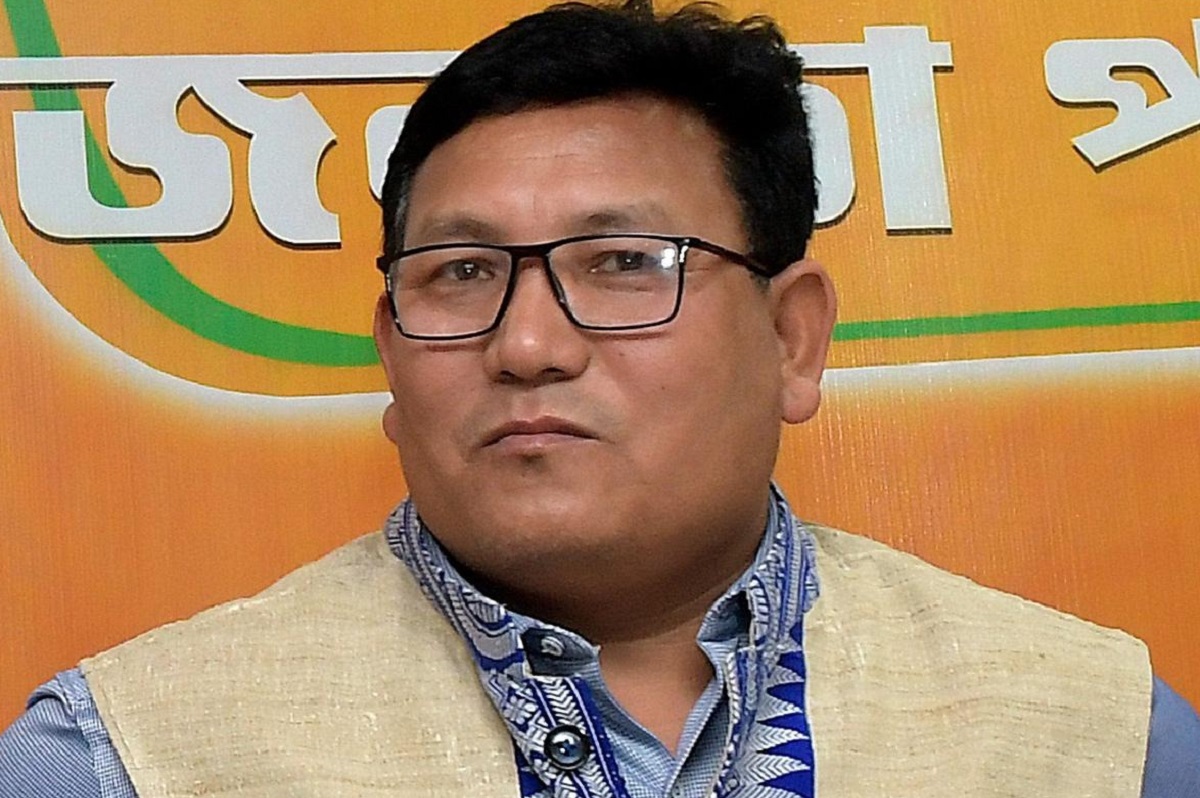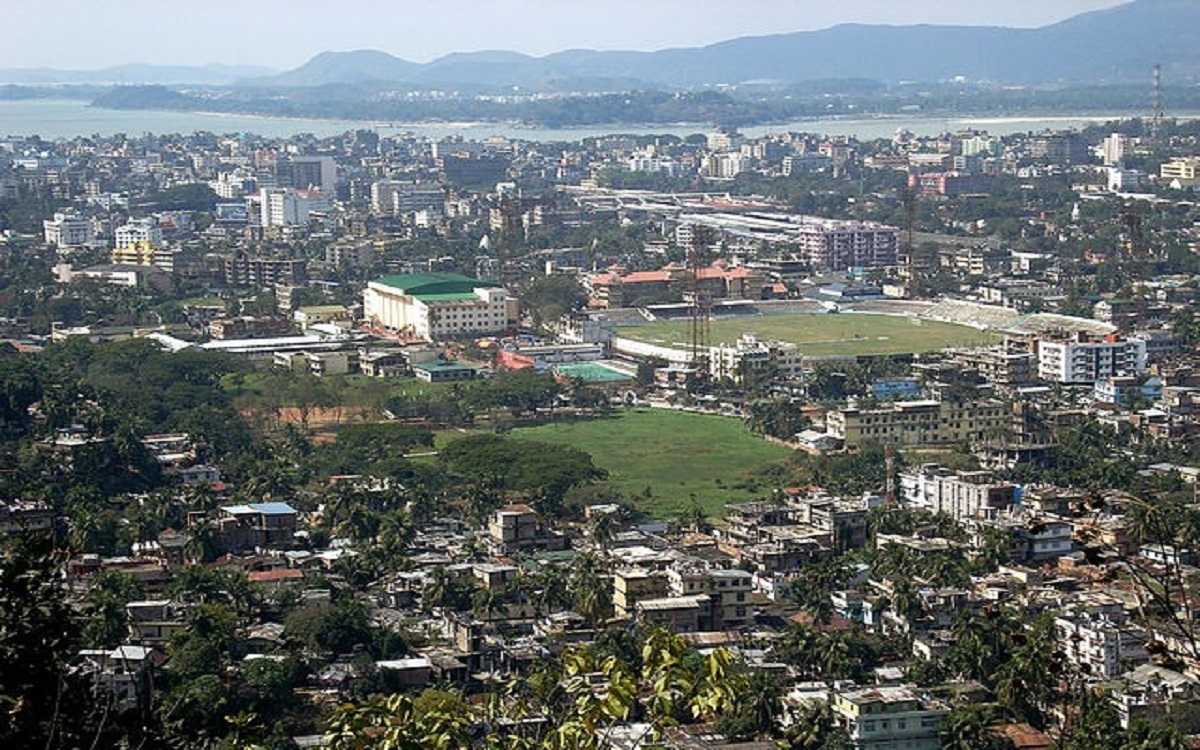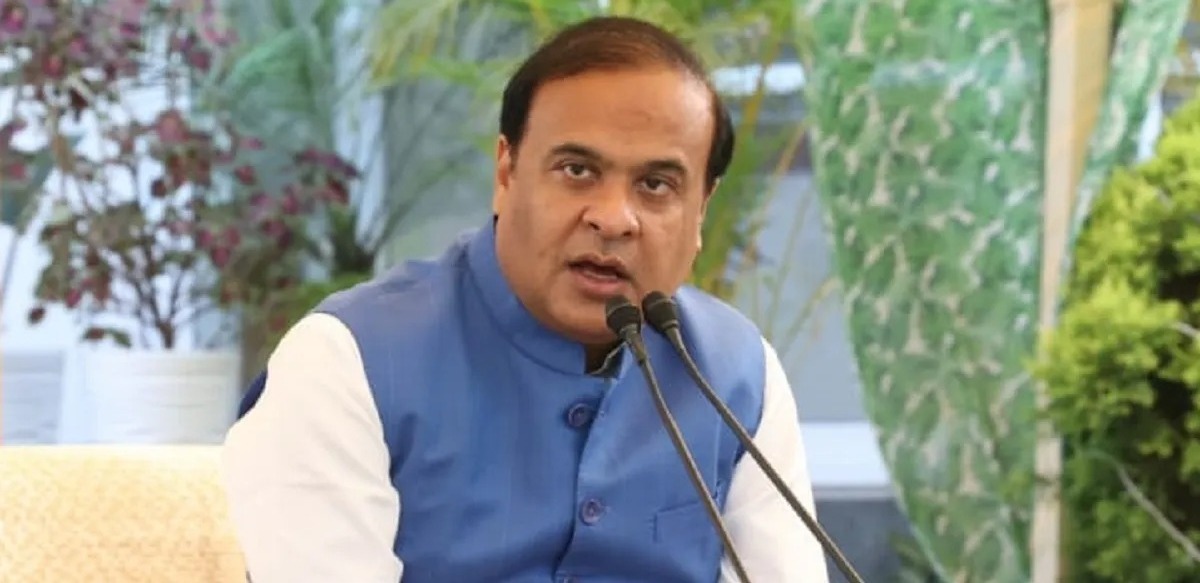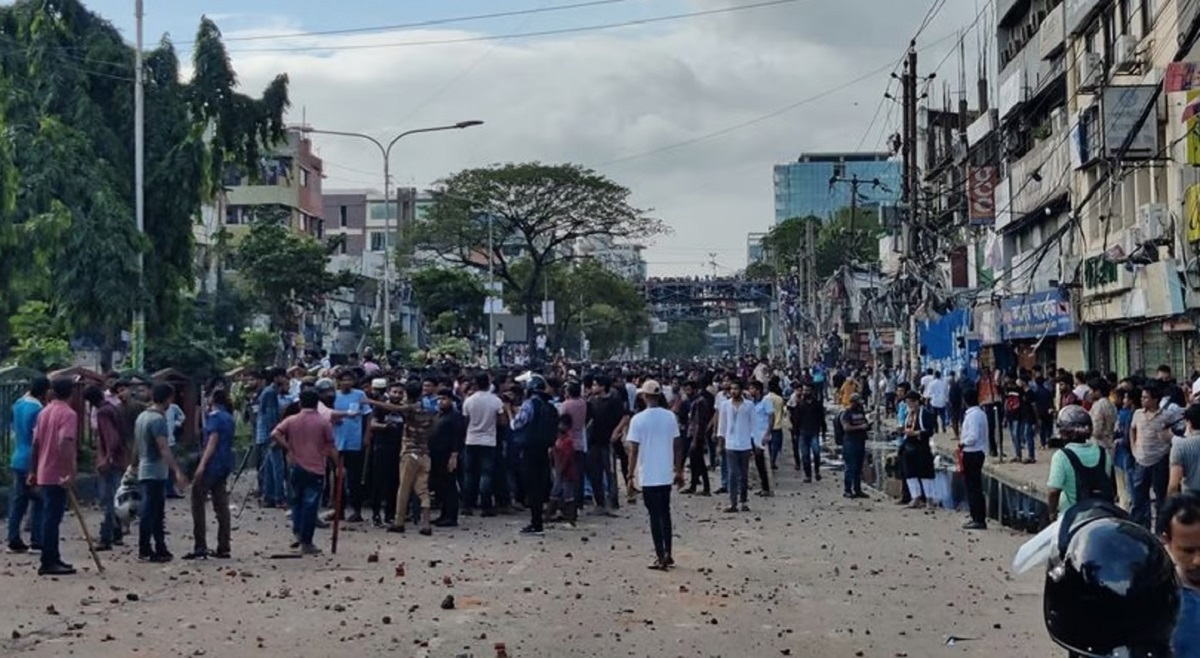The Bodoland Territorial Region (BTR) in Assam unveiled its Vision Document on Sunday, marking a significant step toward safeguarding the identity, culture, and rights of all communities in the region. The document was presented as a blueprint for inclusive development and harmonious coexistence, aiming to address long-standing grievances of marginalized groups. Speaking at the launch event, Pramod Boro, the Chief Executive Member (CEM) of the Bodoland Territorial Council (BTC), described the initiative as a proactive approach to ensuring justice, equality, and cultural preservation.“Every community dreams of preserving its identity, language, culture, and traditions. Yet, there are concerns that some feel deprived of their rights. The Vision Document is a commitment by the BTR administration to address these concerns and promote inclusivity,” Boro stated.
He emphasized that the document serves as both a strategic plan for administrative efforts and a framework for empowering communities. “This is not just a vision but a roadmap to actionable strategies that will guide government functionaries in their roles,” he explained. The Vision Document outlines specific initiatives to improve infrastructure, enhance community development, and provide opportunities for marginalized groups. It reflects the administration’s dedication to creating a region where every community feels represented and empowered. Boro described the Vision Document as a “New Year gift” to the people of Bodoland. “It offers a pathway for communities to chart their own development, ensuring their voices are heard and their aspirations met,” he said.
Drawing from his decades-long experience as a social activist, Boro shared insights into the challenges faced by underprivileged groups. “In my years of activism across the BTR, Assam, and Northeast India, I observed how many communities, particularly small ethnic groups and tribes, felt neglected by the system. Bureaucratic hurdles and lack of representation often pushed them to frustration, leading to agitation or even armed revolts,” he noted. The Vision Document, he added, seeks to break this cycle by addressing grievances and fostering trust between communities and the administration. “It’s a comprehensive plan for all-round development, catering to the diverse needs of communities, from infrastructure to cultural preservation,” Boro said.




